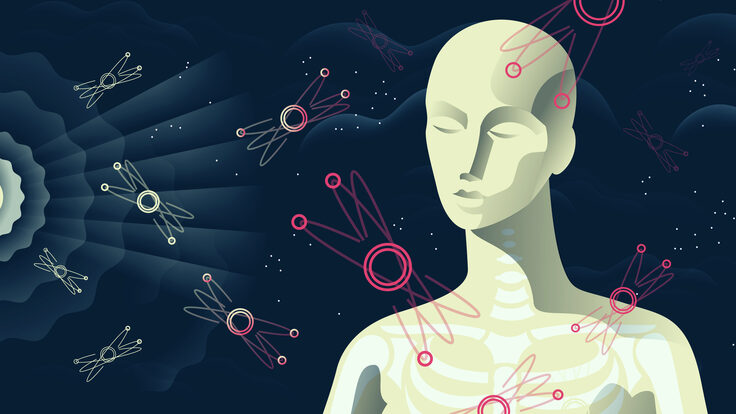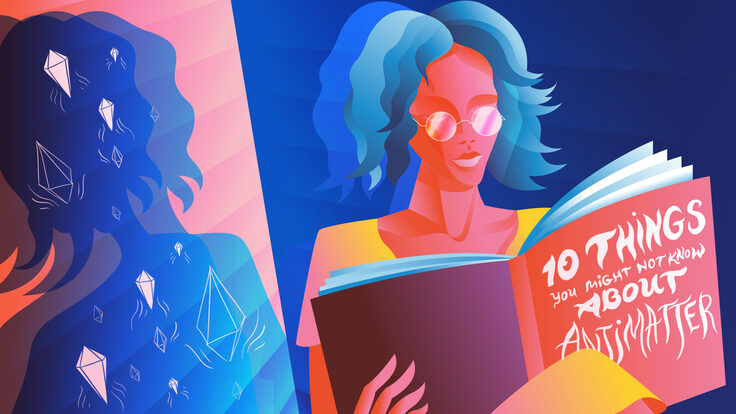In an editorial on APS' website today, APS' editor-in-chief Gene Sprouse announced that the Americal Physical Society would allow authors of articles in its journals to keep certain rights under their copyright transfer agreement.
Specifically, APS will allow authors to retain copyright, not of the article itself, but of most "derivitave works" that the author might make from the original article. This is useful, and laudable, because one such derivative work might be reworking pieces of the article for posting on a site such as Wikipedia, which often require articles to use a copyleft or commons type license like the GNU Free Document License. These types of licenses simply ensure that the article may be freely reproduced and redistributed, often provided it is kept under the same license and properly attributed. These conditions are often incompatible with some publishers' mandates that authors give the journal the copyright to the original article and any derivative works.
Beyond sites such as Wikipedia, Copyright Transfer Agreements might also affect an author's legal ability to give a talk based on a paper, or to write a summary of such a talk for a proceedings, or several other common circumstances. APS' modifications to their agreements obviate most copyright concerns about these practices.
As I've written here before, physicists are beginning to take control of the ways in which their work is disseminated. Rather than coping with overly burdensome processes that no longer make sense for the way scientists communicate, authors of physics papers are starting to see that they have very real influence on the exact terms on which they publish. In this case, many authors (and presumably APS members) brought the matter to APS' attention, and APS was able to improve the situation. See Jonathan Oppenheim's page about the subject for more information about the context, the backstory, and some of the people involved in making this change come about.
Hopefully, the story doesn't end here. As Oppenheim points out, some publishers no longer require that authors give up the copyright to what is, after all, their own work. APS cites the very real concern about changes in technology possibly invalidating some limited licenses in the future, and one also might worry about the publisher's ability to continue to charge for something they don't own. However, it is worth noting that not all publishers seem to think copyright transfer is necessary to ensure preservation of papers and journal revenues. The Royal Society, for example, requires only a "nonexclusive license to distribute." arXiv.org, also has an interest in being able to move articles to different media as technology changes, and they also require only a nonexclusive license to distribute.
I applaud APS' decision to relax their copyright policy, in so doing they continue to be responsive to the changing world of publishing and, more importantly, responsive to the needs of the scientific community that they serve. It is unfortunate, to me, that they did not feel able to go even further, and allow authors to retain copyright over their own work. I hope that in due time this too will come as authors, and the field as a whole, start to recognize that they have the final say in what happens to the fruits of their labors. If current methods of scientific communication are too restrictive for scientists, scientists can change them.






